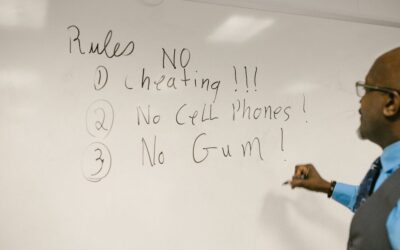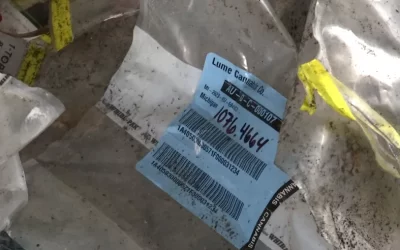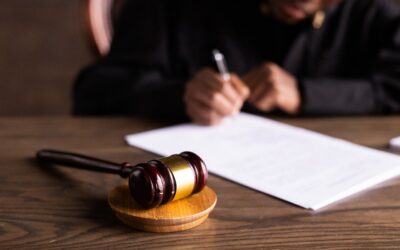Michigan’s Rules of Evidence, established by the Supreme Court, dictate how evidence is presented and admitted in court proceedings. Rules 1001 through 1008, focusing on how written words, recordings, and photographs are treated as evidence.
Rule 1001: Defining the Terms
Before diving into details, Rule 1001 lays the groundwork by defining key terms:
- Writing: Any combination of letters, words, numbers, or their equivalent, regardless of format (handwritten, digital, etc.).
- Recording: Similar to writing, but encompassing sounds captured in any form (audio tapes, digital recordings, etc.).
- Photograph: An image or its equivalent stored in any format (printed photographs, digital files, etc.).
- Original: The primary version of a writing, recording, or photograph, or an authorized duplicate intended to have the same effect. For electronic information, a printout or other readable output that accurately reflects the data constitutes an original.
Rule 1002: The Quest for the Original
Generally, Rule 1002 emphasizes using the original document, recording, or photograph as evidence. This ensures authenticity and accuracy. However, exceptions exist:
- Duplicates: If the original is unavailable or difficult to produce, a duplicate (exact copy) certified by the custodian of the original is admissible.
- Voluminous Materials: For extensive records like business ledgers, summaries or compilations prepared by a qualified witness using the original are acceptable.
- Lost or Destroyed Originals: Proof of loss or destruction, coupled with secondary evidence like copies or witness testimony, might allow entry of non-originals.
Rule 1003: Duplicates Step Up in Absence of Originals
When the original is unavailable and exceptions in Rule 1002 don’t apply, certified duplicates take center stage under Rule 1003. However, the opposing party has the right to challenge the authenticity of the duplicate.
Have your rights been violated?
Have your driving priviledges been revoked?
Has your professional license been suspended?
Second Amendment rights taken away?
Have you been charged with a crime?
Call our office to see if we can help
Komorn Law 248-357-2550
Rule 1004: When Copies Don’t Cut It
If neither the original nor a certified duplicate are available, Rule 1004 allows “other evidence of contents.” This could include oral testimony about the contents, copies not certified by the custodian, or even handwritten notes summarizing the original. However, such evidence faces a higher bar for admissibility due to concerns about accuracy and trustworthiness.
Rule 1005: Public Documents Take a Shortcut
For publicly available documents like government records, certified copies readily obtainable from the custodian bypass the original requirement under Rule 1005.
Rule 1006: Summaries of voluminous records get a green light
Rule 1006 reiterates the allowance for summaries of voluminous records if the original would be cumbersome to present. Here, the summary must be prepared by a qualified witness accurately reflecting the original’s substance.
Rule 1007: Parties Can Speak for Their Words
Rule 1007 empowers parties in a case to testify about the contents of their own writings, recordings, or photographs. This helps clarify ambiguities or resolve questions about intent.
Rule 1008: Judge and Jury Take Their Roles
Finally, Rule 1008 clarifies how judges and juries handle certain issues:
- The judge decides whether certain conditions are met for admitting evidence of contents under these rules.
- The jury decides if the writing ever existed, if a presented document is the original, or if secondary evidence accurately reflects the content.
These eight rules form the foundation for handling written, recorded, and photographic evidence in Michigan courts. Remember, this is just a summary; actual legal proceedings should involve consulting legal professionals for accurate interpretation and application of these rules.

Important:
This article provides a simplified overview of the Michigan Rules of Evidence for informational purposes only. It should not be interpreted as legal advice. When facing legal matters, always consult with a qualified attorney for professional guidance.
The Michigan Rules of Evidence are subject to change over time. Always consult the latest official version for accurate information.
Here is the link to the Michigan Rules of Evidence Handbook. Check the footer for the latest update.
Here is the link to proposed changes Michigan Court Website
Related Articles (see more posts after)
Understanding the Rule of Completeness in Michigan Courts
Understanding the Rule of Completeness in Michigan Courts: MRE 106In the pursuit of truth and ensuring fairness during legal proceedings, the Michigan Rules of Evidence (MRE) play a crucial role. One particular rule, MRE 106 (Completeness), safeguards against...
Apparent cannabis testing bags in trash pile in Lansing
Michigan's marijuana laws mandate that both retail recreational and medical marijuana undergo comprehensive testing conducted by independent laboratories. The purpose of such testing is to identify and mitigate potential contaminants such as mold, mildew, and harmful...
Evidence in Michigan Courts: Proposed Amendments of MRE
The Michigan Rules of Evidence are the rules adopted by the Michigan Supreme Court to govern evidentiary processes throughout Michigan's judicial system. Occasionally, the Rules of Evidence require amendments or changes. You can access proposed and recently-adopted...
Evidence in Michigan Courts: Rules 901-903 Authenticating Evidence
Michigan Rules 901-903 - Evidence Authentication Ever wondered how that document or recording made its way into a Michigan courtroom? The answer lies in Michigan Rules of Evidence 901 to 903, which govern the crucial step of authenticating evidence. This article...
Evidence in Michigan Courts: Rule 801-807 Hearsay Evidence
Michigan Rules of Evidence 801-807 Hearsay: In the courtroom, truth-finding is paramount. Yet, not every statement offered as evidence directly reveals the truth. Enter the realm of hearsay, statements made out of court, and the complex rules governing their...
Evidence in Michigan Courts: Rule 701-707 Opinions
Opinions - Everyone's got one or two or three: A Look at Michigan Rules of Evidence 701-707 Lay Versus Expert Opinions (Rules 701 & 702) Before delving into specific rules, it's crucial to establish the fundamental distinction between lay witnesses and expert...
Evidence in Michigan Courts: Rule 601-615 Witnesses
Navigating the Witness Box: A Look at Michigan Rules of Evidence 601-615 In the courtroom, witness testimony plays a crucial role in unveiling the truth and determining the outcome of a case. However, not everyone can simply walk into the courtroom and take the stand....
Evidence in Michigan Courts: Rule 501 – Privilege in General
Rule 501. Privilege; General Rule. Privilege is governed by the common law, except as modified by statute or courtrule.Have your rights been violated?Have your driving priviledges been revoked?Has your professional license been suspended?Have you been charged with a...
Evidence in Michigan Courts: A Guide to Rules 401-411
Understanding the Foundation: A Summary of Michigan Rules of Evidence 401-411 The Michigan Rules of Evidence (MRE), specifically Rules 401-411, lay the groundwork for what evidence can be presented in court and how it might influence the outcome of a case. This...
More Posts

Legal Tip – Driving High on Cannabis in Michigan
Driving under the influence of cannabis is illegal and carries serious consequences in Michigan.We have fought and won many cases from the District Courts, Circuit Courts, Court of Appeals and the Supreme Court through out the State of Michigan. We have also fought...
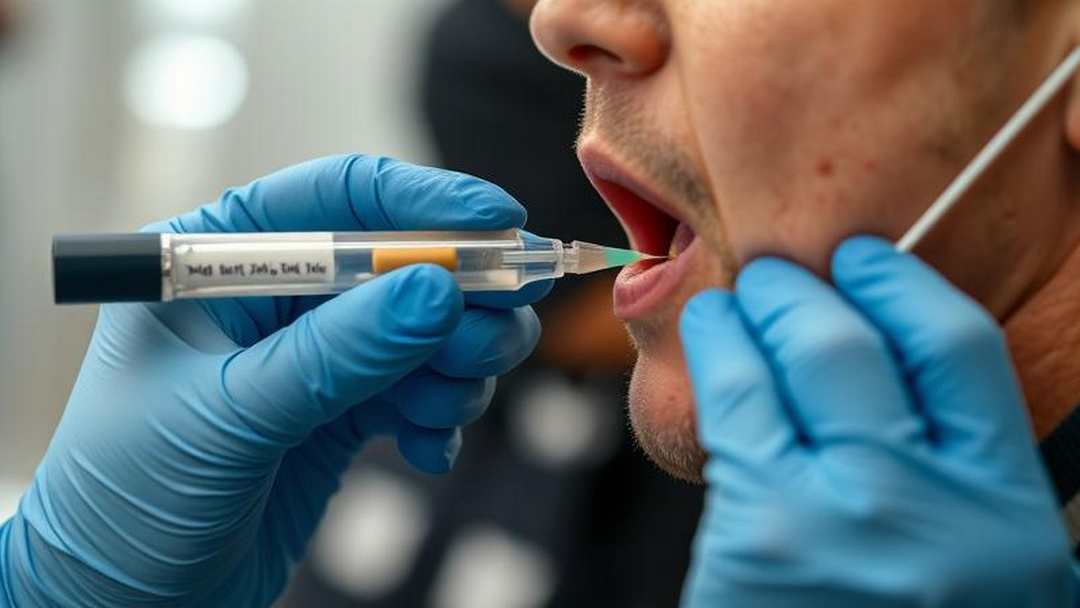
Michigan House Bill NO. 4391
It may just be easier to collect and analyze tears.This legislation seeks to integrate saliva testing for cannabis within law enforcement procedures, designating a refusal to participate in this testing as a criminal offense, similar to the penalties imposed for...
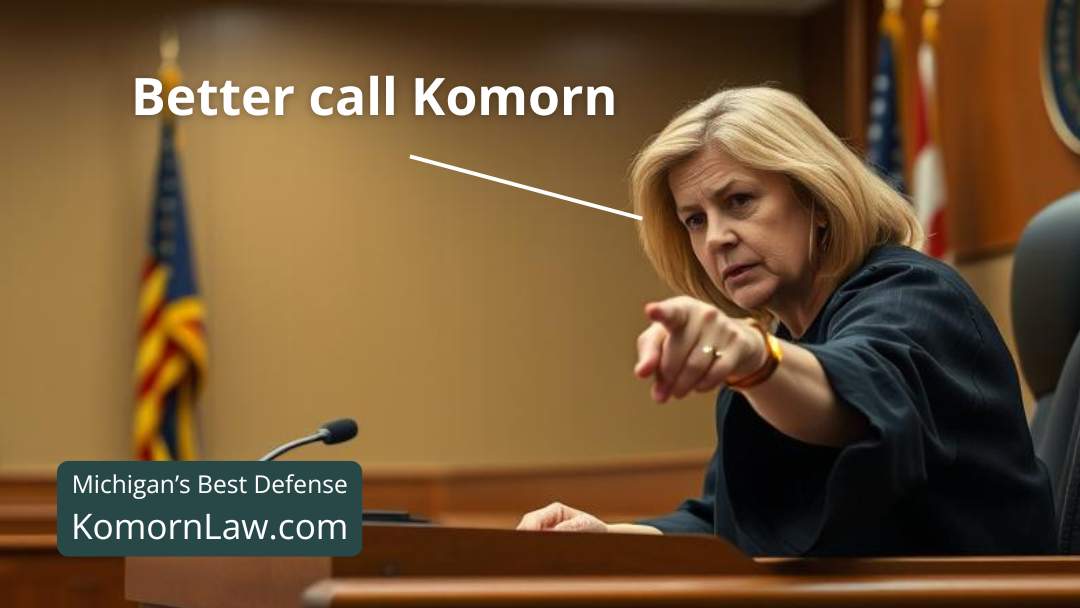
Legal Tip – Your Rights During a DUI Stop in Michigan
Komorn Law - Quick Legal TipsLegal Tip: Understanding Your Rights During a DUI Stop in Michigan A DUI stop can be stressful, but knowing your rights is crucial. You have the right to remain silent. You are not obligated to answer questions beyond basic identification....
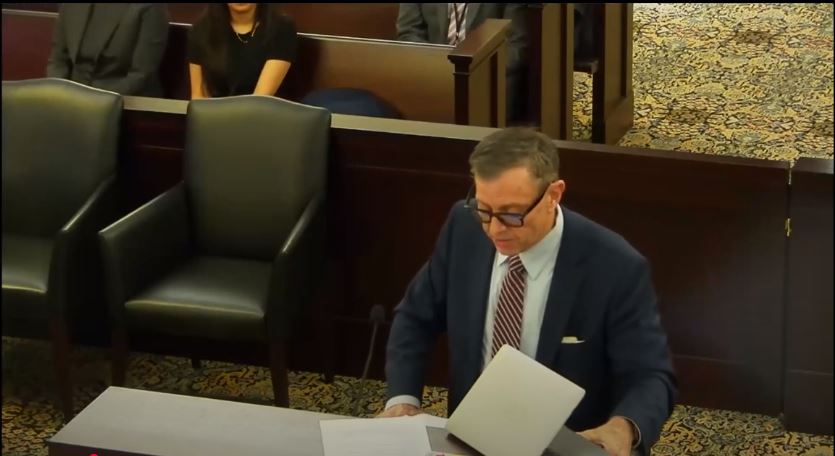
Forfeiture without Criminal Charges
Can the police seize your belongings and hold it without charging you with a crime?Read the summary below and watch Attorney Michael Komorn in the Court of Appeals.Summary of "Ruben Delgado v. Michigan State Police": This case was filed in the Jackson County Circuit...
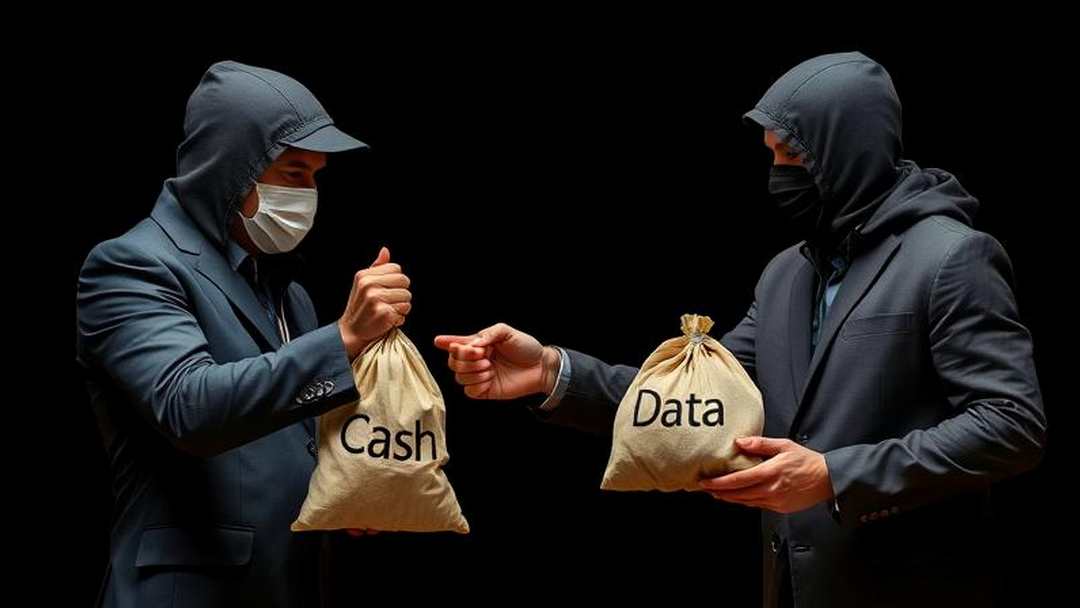
23andMe filed for Chapter 11 bankruptcy and your data is?
As of Friday 3/28/25, the firm’s shares were worth less than a dollar.If you are charged with a crime you're part of the State of Michigan family now. Call us - Because you don't want to be a part of that family. Komorn Law (248) 357-2550Genetic testing service...
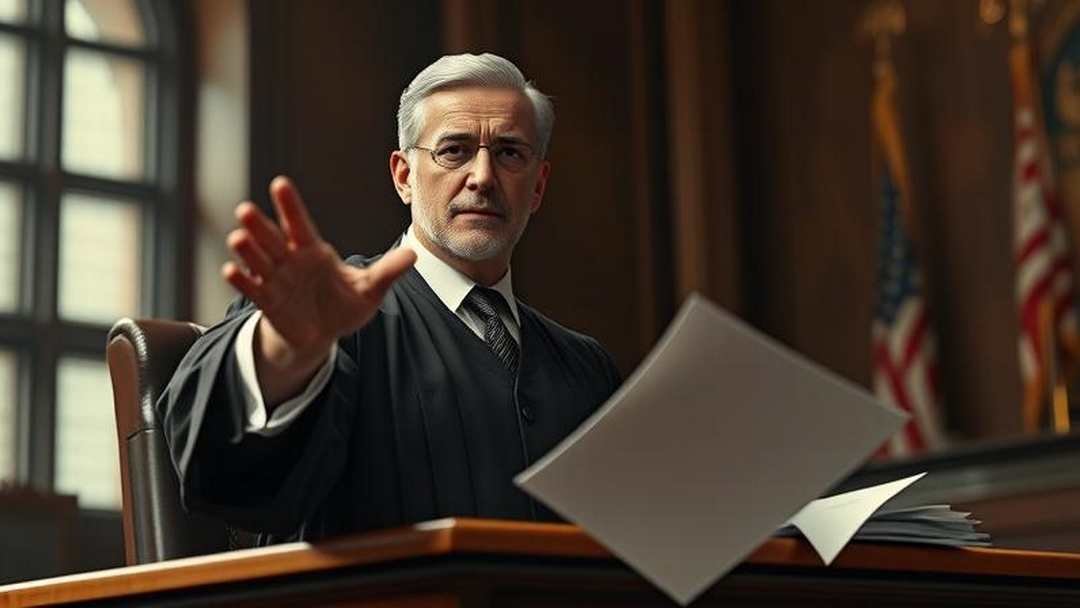
Judge finds marijuana testing facilities run by ex-cops violated testing results
Viridis Laboratories has faced ongoing allegations of exaggerating THC levels while minimizing the potential risks associated with cannabis.If you are charged with a crime you're part of the State of Michigan family now. Call us - Because you don't want to be a part...
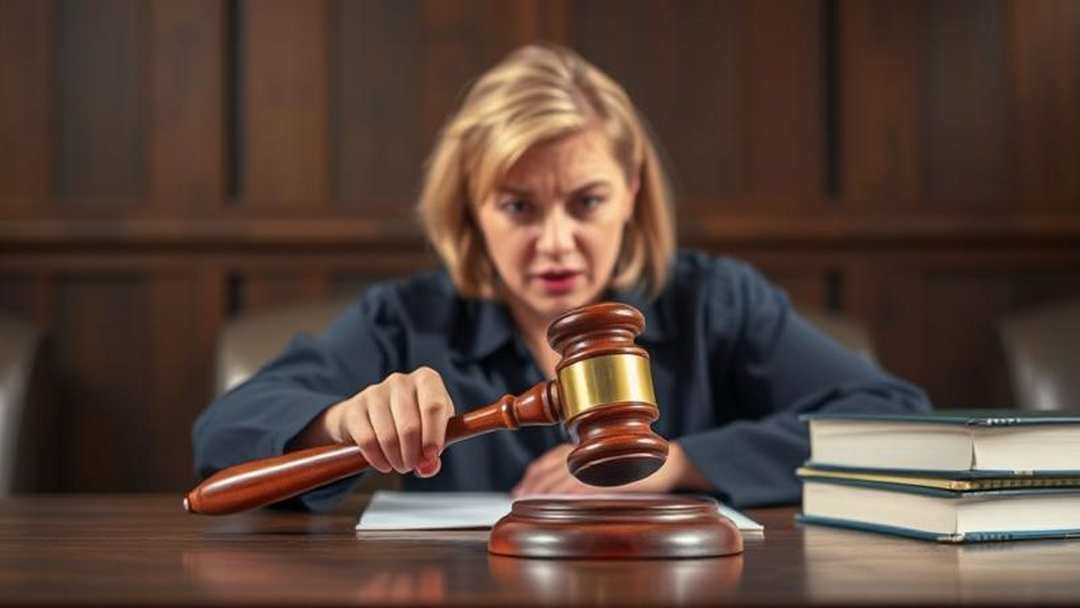
Domestic Violence Conviction Prohibits Gun Ownership
No Second Amendment Rights For YouIf you are charged with a crime you're part of the State of Michigan family now. Call us - Because you don't want to be a part of that family. Komorn Law (248) 357-2550A federal judge in Michigan has ruled that a man with a prior...

Update on Michigan’s Sick Time Act (Small Business Compliance)
Small Business Compliance Accrual Method: Employees accrue 1 hour of paid sick time forevery 30 hours worked, and unused paid sick time rolls over upto 72 hours, or 40 for a small business. Employers may limit theuse of earned sick time to 72 hours, or 40 for a small...
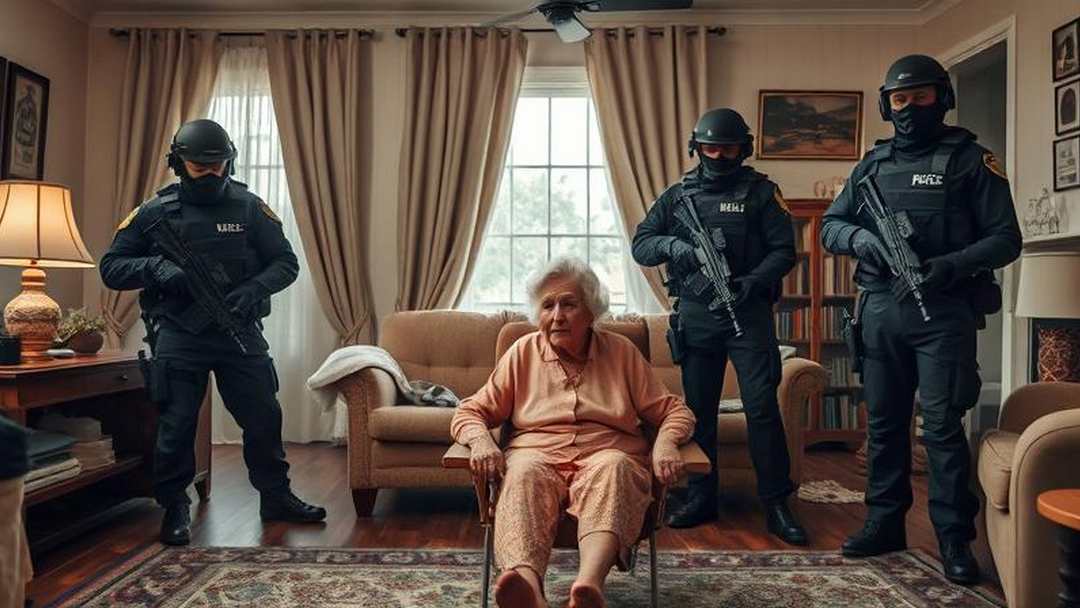
What Are Your Rights Before And After Arrest?
What are your rights before and after arrest?Generally, police require a search warrant to lawfully enter any private premises or to search electronic devices such as your phone or computer. If the police do not possess a search warrant, you are under no obligation to...

Drones – What Drones? Update
Drone story update January 28, 2025 NJ drones 'were authorized to be flown by FAA for research,' Donald Trump says The mysterious drones that captivated New Jersey late last year were not enemy craft, but instead were authorized by the FAA, President Donald Trump said...


